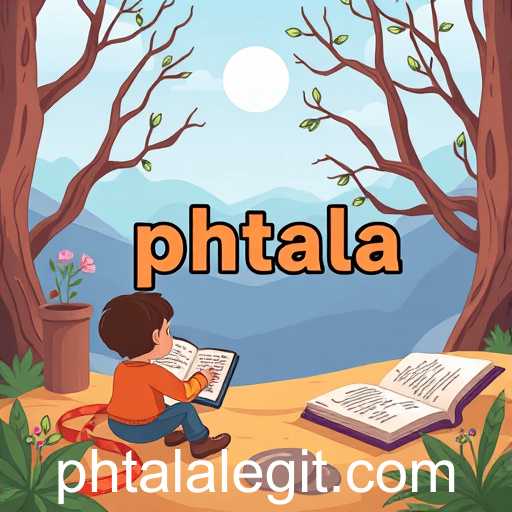Exploring the integration of gaming into everyday life and its impact on society through the lens of phtala, a leading English game website.
In the ever-evolving landscape of digital entertainment, gaming continues to rise as a dominant force, reshaping how we interact, learn, and unwind. Among the prominent platforms gaining traction is phtala, a noteworthy English game website that has made significant strides since its inception, carving out a unique niche in the global gaming community.
Phtala has embraced the dynamic nature of gaming, offering a diverse array of online experiences that cater to both casual and competitive players. In recent years, the gaming industry has seen tremendous growth, fueled by advancements in technology and the increasing accessibility of high-speed internet. This surge is not just about entertainment but a reflection of cultural and social shifts, as virtual spaces become integral to daily life.
In 2023, phtala championed the idea that games could serve as more than mere pastimes; they could become educational tools and arenas for social interaction. This trend aligns with a broader movement in the gaming sector that sees developers and companies striving to create experiences that are informative and socially engaging, offering players more than just entertainment value.
As we progress through 2025, the relevance of platforms like phtala is magnified by their ability to adapt and innovate. The emergence of new gaming technologies such as augmented reality (AR) and artificial intelligence (AI) continues to transform gameplay experiences, offering unprecedented levels of immersion and personalization. The integration of AI in games on platforms like phtala allows for more sophisticated interactive narratives, where players' choices have tangible impacts on the story and game outcomes.
Moreover, the social aspects of gaming have become a critical part of the conversation. Multiplayer formats and community-driven events on sites like phtala emphasize the importance of connectivity and shared experiences, blurring the lines between virtual and real-world friendships. This evolution reflects broader societal changes regarding digital communication and community building.
Looking ahead, phtala and similar platforms are poised to lead the way in redefining the role of gaming in education and social interaction. As they continue to innovate, these platforms not only provide entertainment but also foster learning and digital literacy. Thus, phtala is not just a window into the world of gaming but a mirror reflecting broader societal shifts in technology and community interaction.
For readers wanting to explore this digital landscape, the journey phtala offers is both comprehensive and enlightening, illustrating the transformative power of gaming in today's world.




